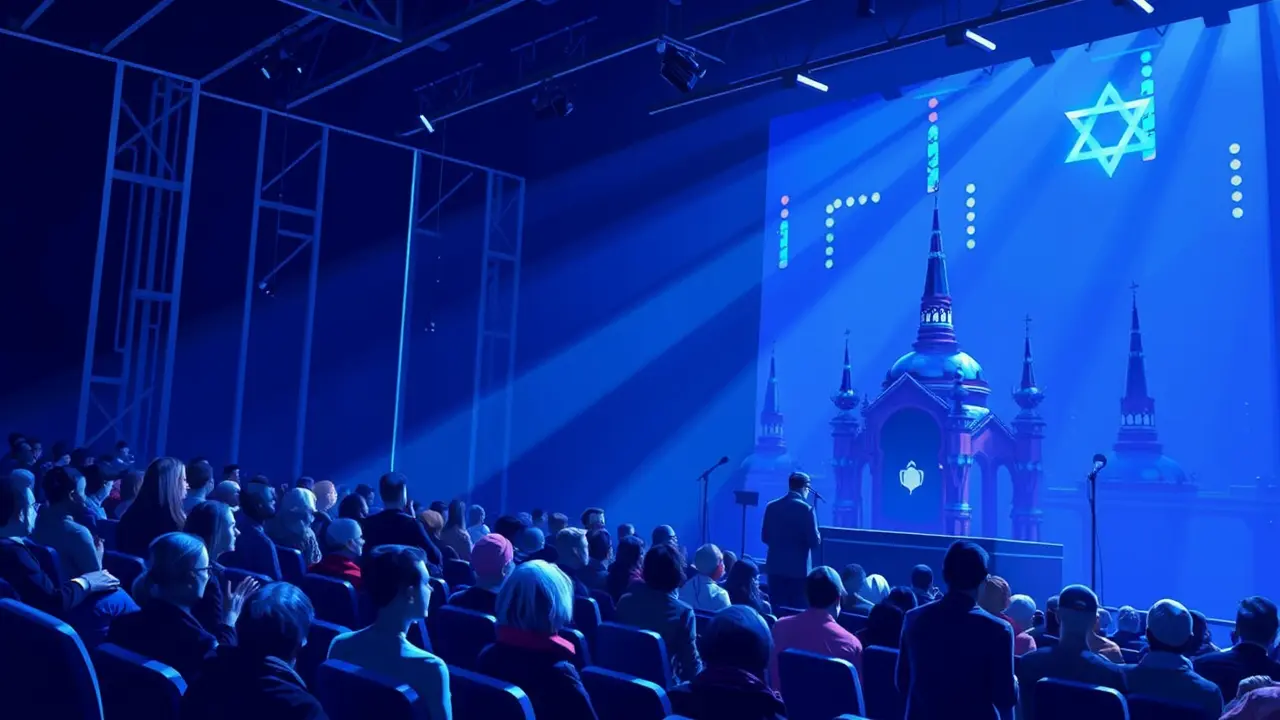Swedish Jewish Film Festival Canceled Over Security Concerns
The abrupt cancellation of the Swedish Jewish Film Festival, a cultural cornerstone that had weathered decades of shifting European attitudes, sends a shockwave far beyond Stockholm's art-house cinemas, revealing a security climate so perilous that public gatherings are now deemed untenable—a decision that speaks not in the cautious language of bureaucracy but in the stark, unadorned terms of risk mitigation. While the government has described the situation as 'alarming' and pledged a suite of enhanced security measures for Jewish organizations and events, this reactive stance underscores a profound failure of preemptive strategy, mirroring the intelligence lapses that have preceded other acts of targeted violence across the continent.The calculus here is brutally simple: the perceived threat level, likely fueled by a toxic confluence of resurgent antisemitic rhetoric online and heightened geopolitical tensions, has surpassed a critical threshold where the logistical and financial burden of securing a public venue—think layered perimeters, armed response teams, and counter-surveillance operations—no longer justifies the cultural value of the event itself. This is not an isolated incident but a data point in a deteriorating trend; we've seen similar cancellations and heightened security protocols from Berlin to Paris, suggesting a coordinated targeting of Jewish cultural life that functions as a soft-power assault, aiming to intimidate and isolate communities from the mainstream.Analysts tracking political risk must now model several cascading scenarios: does this cancellation establish a dangerous precedent, leading other minority groups to self-censor their public expressions for fear of similar targeting? Will the government's promised efforts—likely involving increased police patrols and closer cooperation with community security groups—prove sufficient to rebuild the shattered confidence, or are we witnessing the early stages of a more profound segregation, where certain identities can only be safely expressed behind fortified walls? The long-term consequence is a hollowing out of the public sphere, a victory for those who use fear as a weapon. The true cost is measured not in canceled screenings but in the silent erosion of civic trust and the normalization of a world where cultural celebration requires a security detail, a scenario that should alarm every proponent of an open society.
It’s quiet here...Start the conversation by leaving the first comment.
